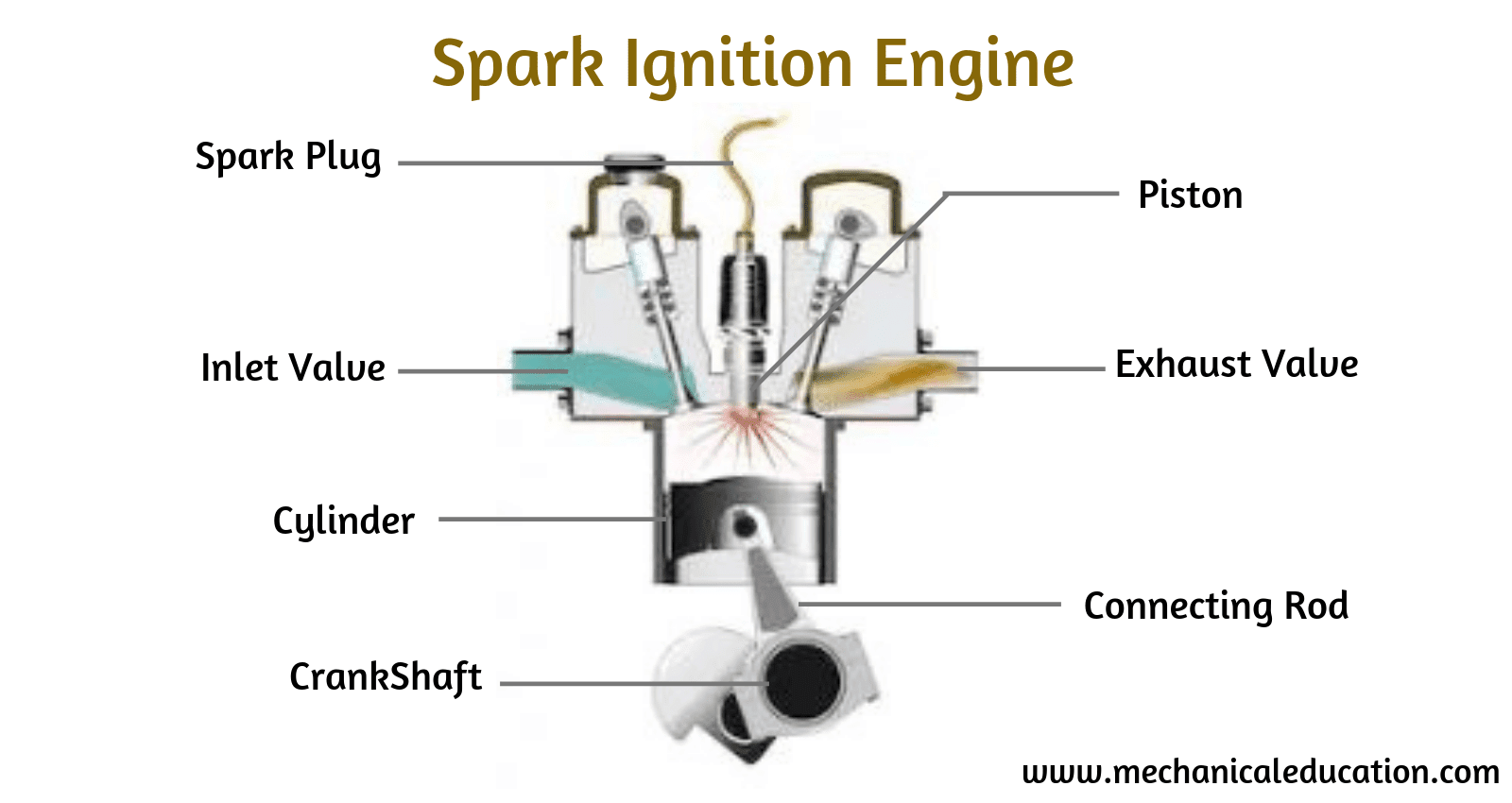Introduction: Electric vehicles are the way of the future. With numerous advantages over traditional gasoline cars, EVs have quickly become a popular choice for car buyers. From their low emissions to their high efficiency, electric cars offer an exciting option for those looking to reduce their carbon footprint. But powering an electric vehicle isn’t as simple as filling up with gas – it requires a complex system of components that must function together in order to deliver the smooth and reliable performance drivers expect. One key component of this system is the thermal management system, which helps keep all the sensitive parts running at peak performance by regulating temperature levels. Let’s take a closer look at why thermal management systems are so important in EVs.
How Thermal Management Systems Work
Thermal management systems are responsible for keeping temperatures in check by controlling heat transfer within the vehicle’s main control unit. This means that when components like motor controllers or inverters become too hot, a thermal management system will kick into action and cool them down. In an EV, this is typically done through radiators, fans and coolant liquids like glycol which help dissipate excess heat away from sensitive areas. The result is that all components remain at optimal temperatures even during prolonged use or under load conditions such as when driving at highway speeds.
The Benefits of Thermal Management Systems
The benefits of having a thermal management system in an EV are clear: they help keep all components running efficiently while still protecting them from damage due to overheating. In addition, they can also improve overall energy efficiency since they can reduce energy losses caused by excess heat production. Finally, they also make it easier for manufacturers to design more compact electric vehicles since there is no need to add additional cooling systems which would take up valuable space inside the vehicle’s frame.
Conclusion:
Thermal management systems are essential components in any electric vehicle and play a critical role in ensuring that all internal parts remain functioning properly and efficiently while protecting them from damage due to overheating. Not only do these systems help maintain optimal temperatures but they can also improve overall energy efficiency and allow manufacturers to design more compact vehicles without needing additional cooling equipment inside the frame. Ultimately, thermal management systems offer numerous advantages for both drivers and manufacturers alike and should be considered essential when evaluating any electric vehicle on the market today!
Frequently asked questions
1.What is a thermal management system in an electric vehicle (EV)?
A thermal management system in an EV is a set of technologies and components designed to regulate and control the temperature of various components, such as the battery, motor, and power electronics.
2.Why is thermal management crucial in electric vehicles?
Thermal management is crucial to maintain optimal operating temperatures for components, enhance efficiency, extend the lifespan of the battery, and ensure overall system reliability.
3.What components does a thermal management system control in an EV?
A thermal management system typically controls the temperature of the battery, electric motor, power electronics, and other critical components to prevent overheating and maintain efficiency.
4.How does a thermal management system regulate battery temperature?
Thermal management systems use cooling or heating methods, such as liquid cooling or air cooling, to maintain the battery within the optimal temperature range for performance and longevity.
5.Can extreme temperatures affect the performance of an electric vehicle?
Yes, both extremely high and low temperatures can impact the performance of an electric vehicle. Thermal management helps mitigate these effects and ensures consistent performance.
6.Do all electric vehicles have thermal management systems?
While not all electric vehicles have sophisticated thermal management systems, many modern EVs incorporate some form of thermal control to address temperature-related challenges.
7.How does thermal management impact charging efficiency in electric vehicles?
Efficient thermal management ensures that the battery is at an optimal temperature during charging, preventing overheating and allowing for faster charging rates.
8.Can a thermal management system improve the range of an electric vehicle?
Yes, effective thermal management contributes to maintaining battery efficiency, which, in turn, can positively impact the range of an electric vehicle.
9.Are there different types of thermal management systems used in electric vehicles?
Yes, there are various types, including liquid cooling systems, air cooling systems, and more advanced systems that combine multiple methods to provide comprehensive thermal control.
10.How does thermal management contribute to the safety of electric vehicles?
Thermal management helps prevent overheating of critical components, reducing the risk of fire or damage. It is a crucial safety feature in electric vehicles.
In summary, thermal management systems play a vital role in optimizing the performance, efficiency, and safety of electric vehicles by controlling the temperature of key components. The integration of effective thermal management is essential for the continued advancement of electric vehicle technology.




